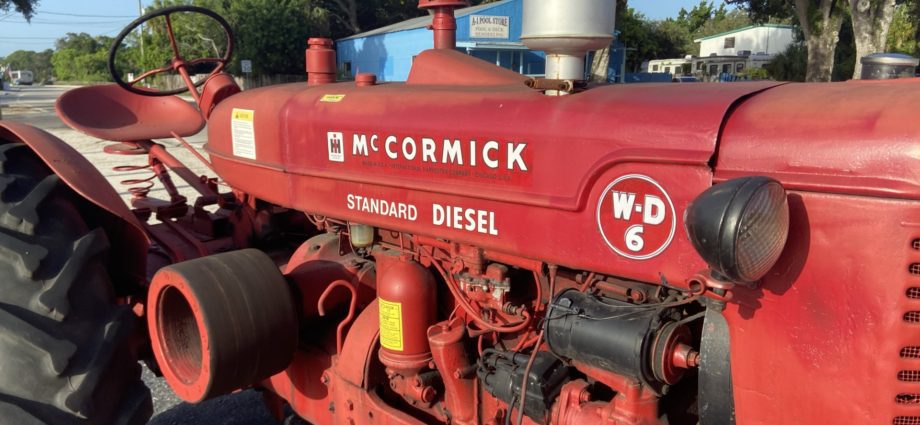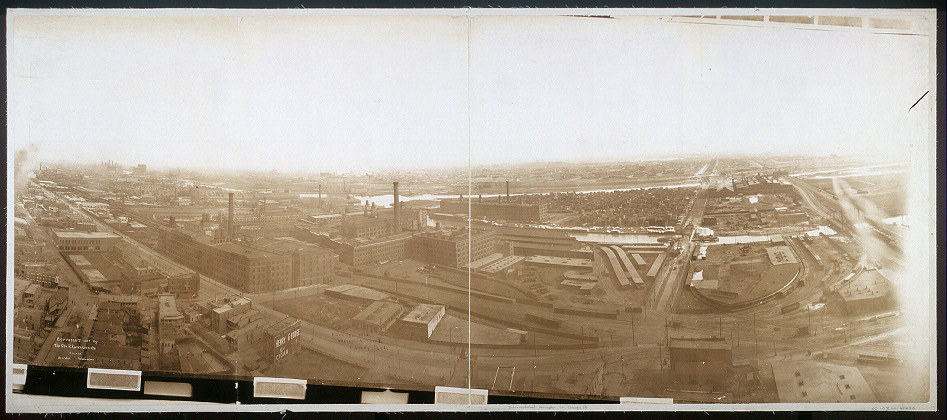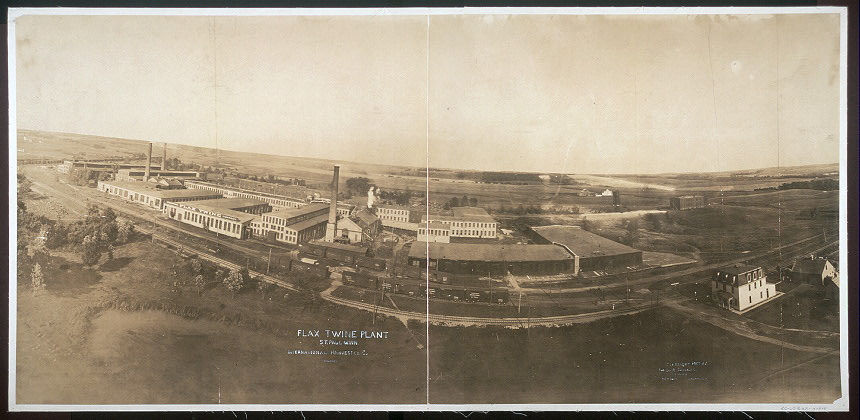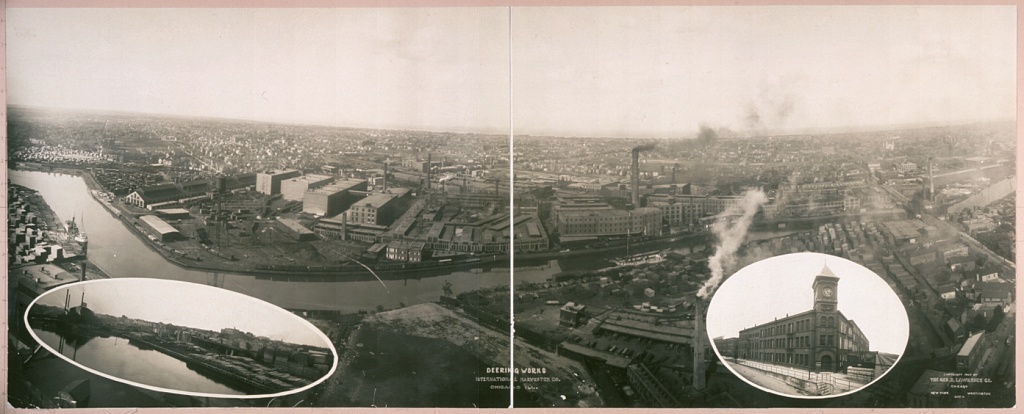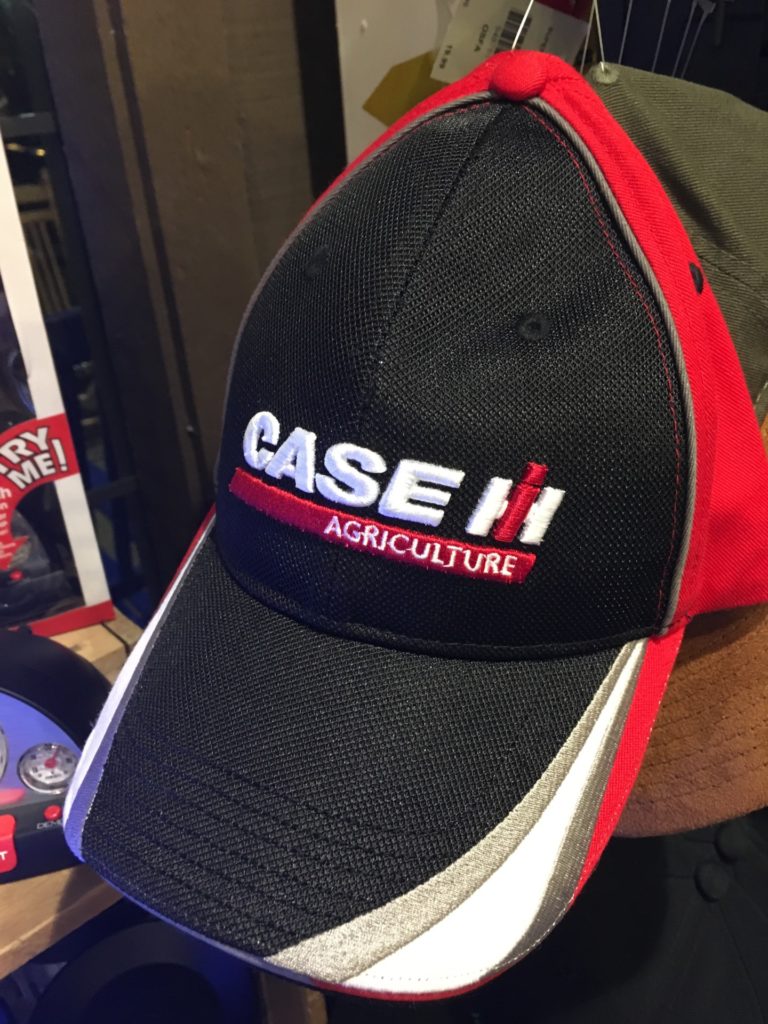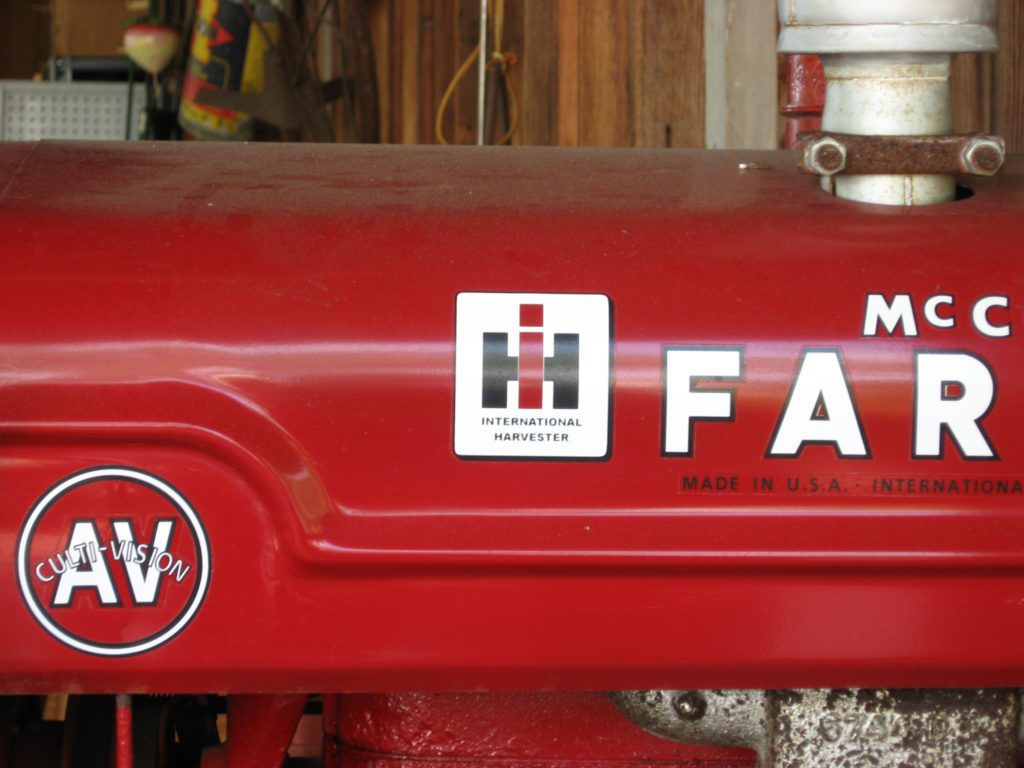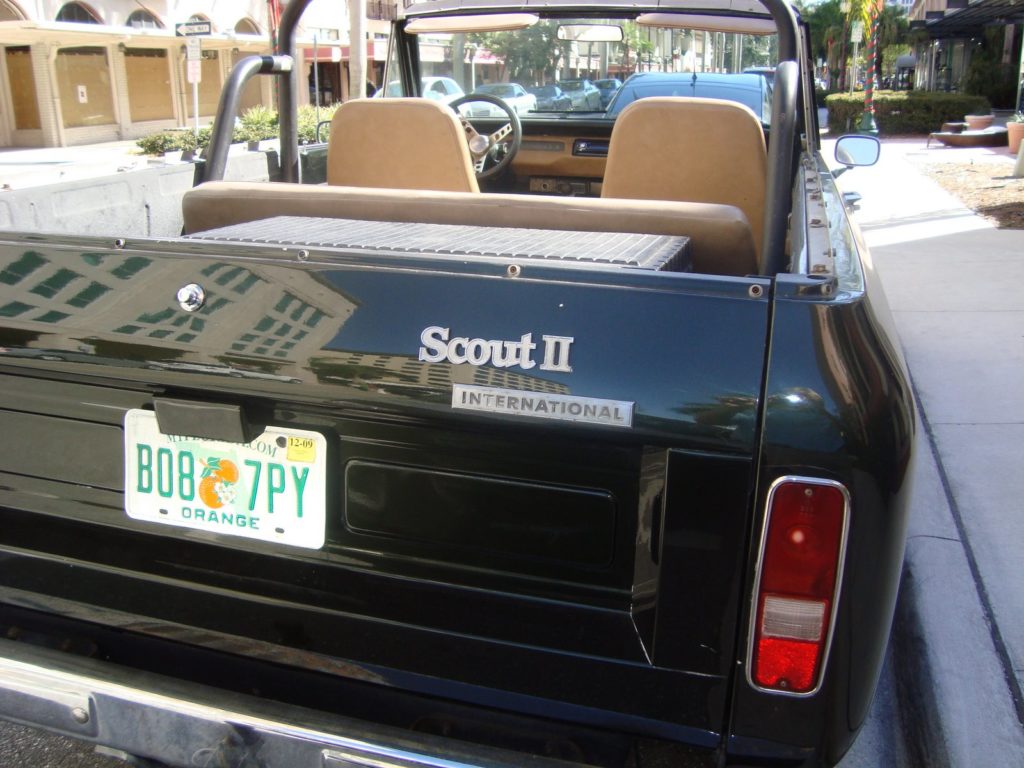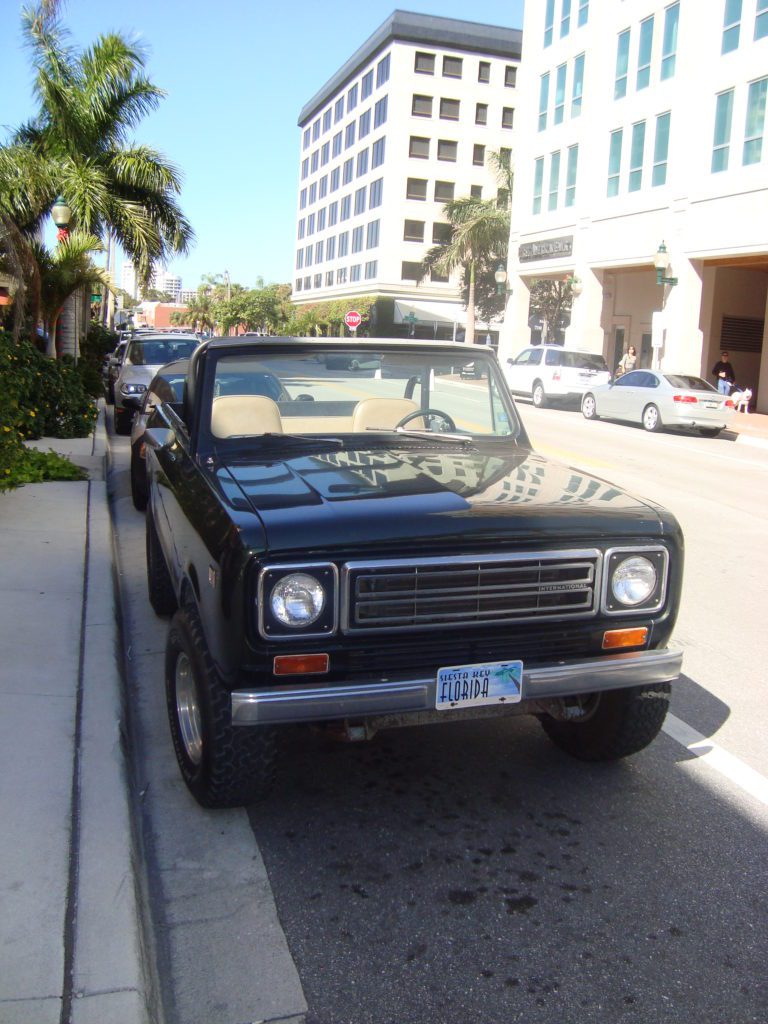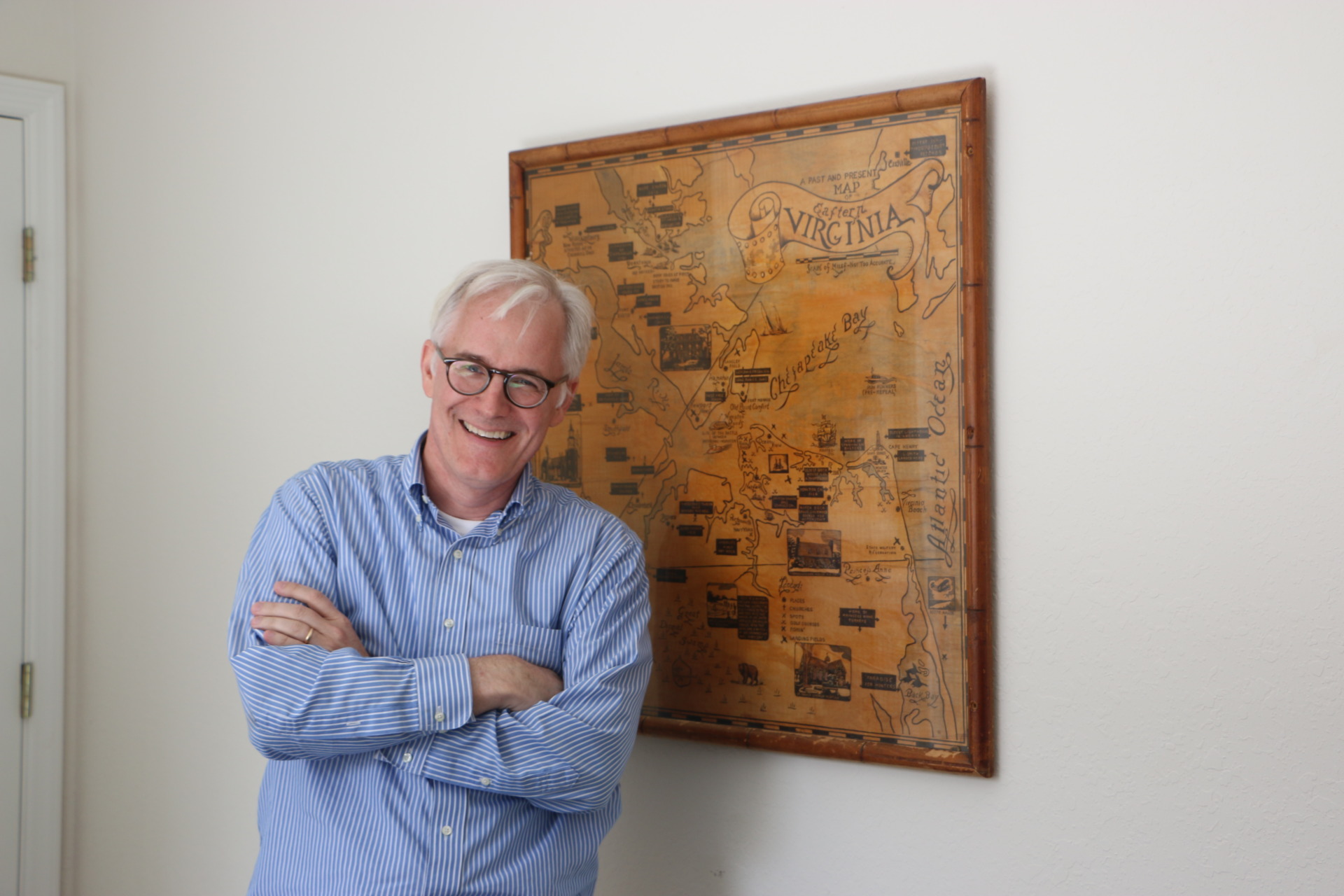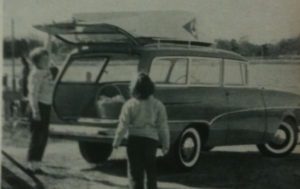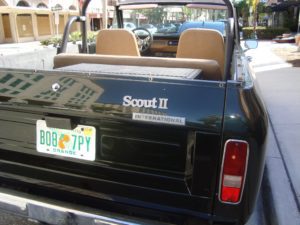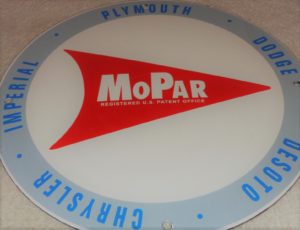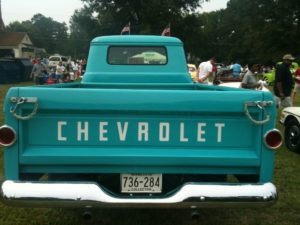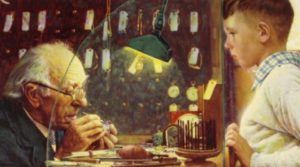MUNICH – This month, and to little notice, an unknown Volkswagen subsidiary, Traton Group, purchased the truck-making remnants of one of America’s most historic companies, International Harvester. With the purchase, the German truck maker also now controls a key American defense contractor, the maker of the MaxxPro MRAP, the SOTV, the MXT and the 7000-MV. International trucks will now fully join a lineup that includes Scania, MAN, Volkswagen Caminhões e Ônibus, Navistar, and RIO.
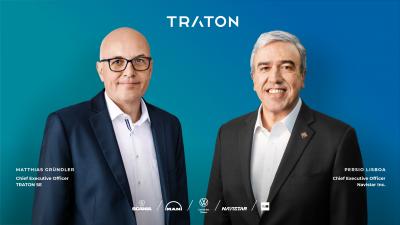
While it no longer makes tractors, Navistar is the surviving entity of America’s original tractor company, International Harvester. Navistar was created out of International Harvester’s bankruptcy in 1984. When the company reorganized, the farm tractor part of the company was sold to the conglomerate Tenneco, parent of J.I. Case. That sale created the company Case IH, which still makes IH’s familiar red Farmall-branded tractors, which debuted in 1924. Case IH has early roots in steam tractors; Jerome I. Case founded the J. I. Case Threshing Machine Company in 1842.
The Scout division of International Harvester, makers of the International Scout 4-wheel drive vehicle and Travelall and Wagonmaster, closed in 1980. Cub Cadet, the familiar lawn mower brand, was sold in 1981 to MTD. There were other pieces that have survived been sold off, including the Mahindra & Mahindra Ltd. purchase of Navistar interests in India. Navistar continued to carry the flag for the original company, however, and makes trucks under the International brand, though the logo was changed.
The companies announced the merger Nov. 7, 2020, when Navistar and Traton entered into an agreement for which Traton would acquire all outstanding shares of Navistar for $44.50 per share in cash. Previously, it had had a minority stake. Navistar stockholders approved the sale at Navistar’s annual meeting on March 2, 2021. The Traton Group now holds all Navistar common shares and the company will be delisted and deregistered this July 2021. With the sale, it will be yet another of a long line of American companies that has survived from the earliest part of the Industrial Revolution, helped win two world wars and bring America to great prosperity, and then be sold out to foreign interests, or closed.
“Today is a sensational day for the Traton Group and for our new colleagues at Navistar joining the global Traton family. From this day on, we will be working side by side to bring sustainable transportation of the future one step closer. This is something the entire group is looking forward to,” said Traton Group CEO Matthias Gründler, in a press release. “The fact that this merger has been implemented so quickly and smoothly, despite the obstacles presented by the COVID-19 pandemic, is testament to the impressive team work on both sides of the Atlantic.”
“Over the past five years, Navistar and the Traton brands have worked very well together and it is exciting to become now part of the global Traton Group,” said Navistar President and CEO Persio Lisboa, in the press release. “Our common understanding of the future of transportation and our joint heritage create a very solid basis for our common way forward. The transport industry is changing rapidly. And together we will shape this change – for the sake of our customers. The Navistar team is ready for the next step of collaboration.”
Origin on a Virginia Farm
Navistar has its beginning with the McCormick Harvesting Machine Company, founded by Cyrus McCormick. Cyrus McCormick’s father Robert McCormick began work on a reaper in 1809 at his Virginia farm, Walnut Grove. It would be his son Cyrus that improved on the machine. In 1831, Cyrus McCormick demonstrated the reaper at that farm in Steele’s Tavern, Virginia. The farm, donated by the family in 1954 to Virginia Tech, is today open to the public as the Shenandoah Valley Research Station.
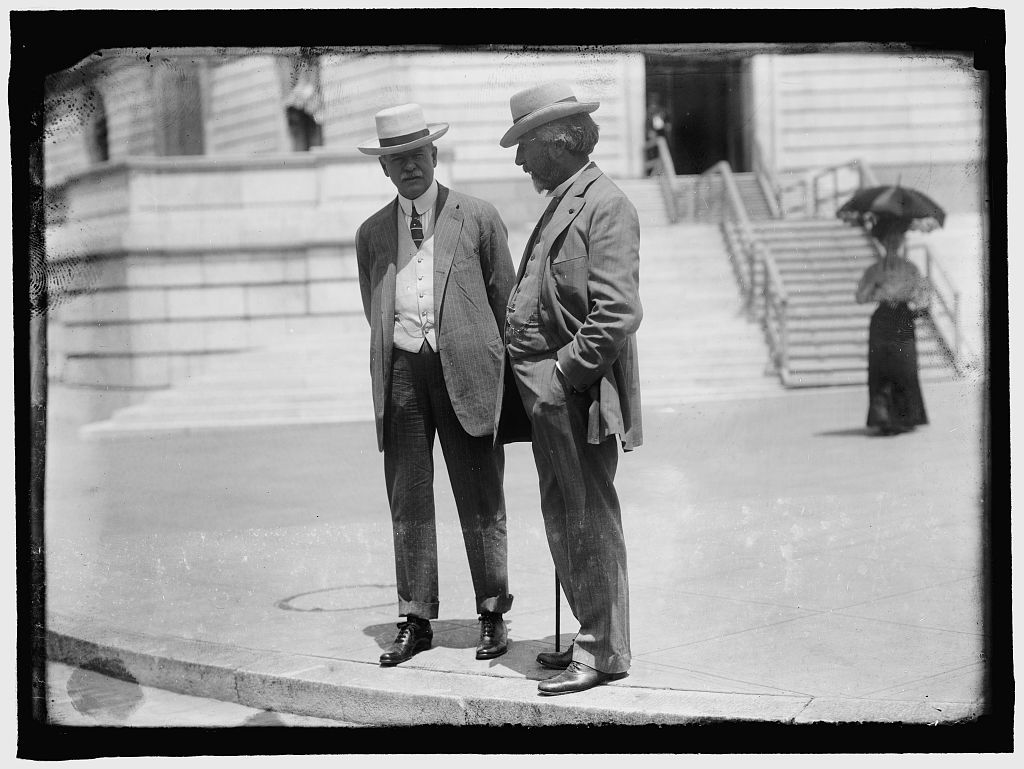
The reaper would revolutionize agriculture, and help to undermine the popular case for slavery in the South. McCormick began production in Chicago in 1846 as the McCormick Harvesting Machine Company. The Farmall tractor had origins in a different company, the Deering Harvester Company, which dates from 1874. The companies merged in 1902. For much of the history of the Farmall tractor, it was known as the McCormick-Deering Farmall.
Historians now recognize that it was a slave, Jo Anderson, that was a major contributor to the reaper’s construction, and assisted at that 1831 demonstration. Lisboa, in a June Linked in post, talked about the issues of the history of the company, saying that they had not fully recognized Anderson’s role, and spoke about the efforts of Harold McCormick’s anti-discriminatory race policies. In that Linkedin tome, Lisboa committed to personally living in troubled downtown Chicago, which has been the center of McCormick history since the beginning of the company. It is fair to say that Navistar is now, and quite sufficiently, woke.
Europeans Trucks, New Startups
The Navistar purchase will create a truck and engine giant to compete with Daimler AG and Volvo AB. Navistar International trucks will be sold along with its new sister companies, Germany’s MAN and Sweden’s Scania. In the universe of American trucking, brand names still matter. In this segment, the competition is fierce; in the U.S., Daimler owns Freightliner, and Volvo owns Mack. Bellevue, Wash.-based PACCAR owns Kenworth and Peterbilt, each with a following.
Last year, Navistar CEO Lisboa said he was working on a “4.0 strategy” and looking for a “next phase.” It was a good time for him personally; after being promoted to CEO last summer, he was offered annual base salary of $890,000 from July 1, 2020 to July 1, 2023, with no chance of a decrease in salary and an annual incentive award of 115% of base salary. There were also other bonuses. The 8-K filed with the SEC also said that “in addition to the previously granted long-term incentive awards made to Mr. Lisboa with a target amount of $1,800,000, Mr. Lisboa will be granted long-term incentive awards on the Effective Date with a target amount of $2,700,000.”
This period has not been a good time for Navistar. On May 27, 2021, the Justice Department announced that Navistar Defense LLC, the Illinois based manufacturer of military vehicles and subsidiary of Navistar International LLC, agreed to pay a $50 million fine to resolve allegations that it fraudulently induced the U.S. Marine Corps to enter into a contract modification at inflated prices for a suspension system for armored vehicles known as Mine-Resistant Ambush Protected vehicles. There was no searchable mention of the payment on the the Navistar or Navistar Defense website, but the Justice Department did explain exactly what happened:
During negotiations for the modification, Navistar was asked to provide sales information on the contract parts to assess the reasonableness of Navistar’s proposed prices. The United States alleged that Navistar knowingly created fraudulent commercial sales invoices and submitted those invoices to the government to justify the company’s prices. The sales reflected in the commercial sales invoices never occurred. The government relied on the fraudulent sales invoices in agreeing to Navistar’s inflated prices.
Justice Dept. Release, May 27, 2021
It will be a challenging time for merged company, even with the institutional strength of Volkswagen. There are dozens of new startups are also entering the market with an attempt at automated trucks and driving software, including Waymo, Locamation, Ike, PlusAI, Starsky, Embark, Kodiak Robotics, Einride, TuSimple, Aurora and Gatik. A sleek Tesla Semi is also in the picture, though it has not arrived.
Images and History
Below are some images and videos from the company’s long history.
Below, a World War II era video showing what International Harvester did to support the war effort.
And a bit about the famous Farmall.

